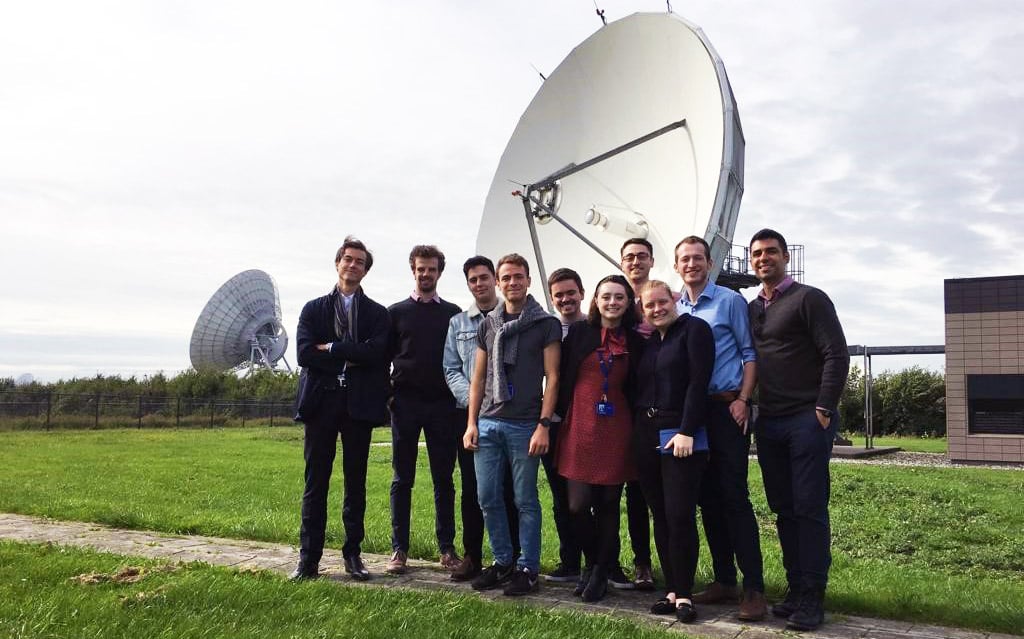STEM students complete Inmarsat environmental challenge
The health and environmental hazards caused by annual agricultural fires in Indonesia proved a compelling topic for students who took part in the Inmarsat Summer Strategy Challenge.
Sixth formers studying for science, technology, engineering and maths (STEM) A-levels or Applied Science and Engineering BTEC courses at City and Islington College were tasked with addressing the problem, identifying where satellite connectivity could play a part but also considering the political, social, cultural and economic context.
Over six weeks, the students visited Inmarsat’s City Road, London headquarters for weekly workshops on topics including satellite applications, human-centred design and critical thinking skills led by Inmarsat and external experts, including speakers from Earthsight, a non-profit organisation that carries out investigative research to highlight environmental and human rights issues, and Catapult.
Early warning
On 20 July it was the students’ turn to take the floor, presenting their own ideas. Working in small groups, they came up with solutions including a satellite-enabled fire early warning system, and education and incentivisation programmes to encourage farmers to grow more efficient crops.
Sally Colston, Head of AS Physics at City and Islington, said: “The Inmarsat Summer Strategy Challenge is a fantastic opportunity for our students. It is brilliant for their CVs and UCAS applications as well as being life-enhancing.
“It’s excellent to move outside the curriculum and address real life problems in such a great environment as the Inmarsat offices.”
Crucial subjects
The Summer Strategy Challenge forms part of Inmarsat’s promotion of STEM education, which is crucial to the UK maintaining its position in an increasingly scientific and technological world.
James Cemmell, Senior Director, Strategic International Partnerships at Inmarsat, said: “This year we’ve focused on a critical environmental issue and the role of satellite sensors in the solution of it. Subject matter aside, the long term benefit to the students will have come through the application of human-centred design and strategic thinking methods that were taught by leaders in the fields from both inside and outside of Inmarsat.
“We would like to thank everyone involved for their excellent work with the college.”

